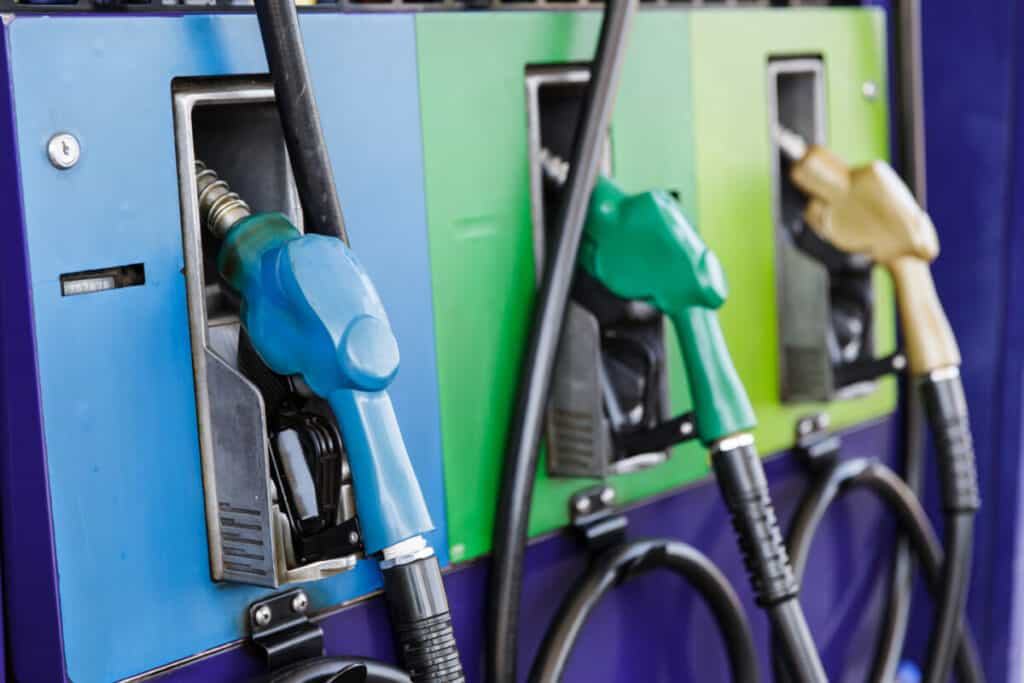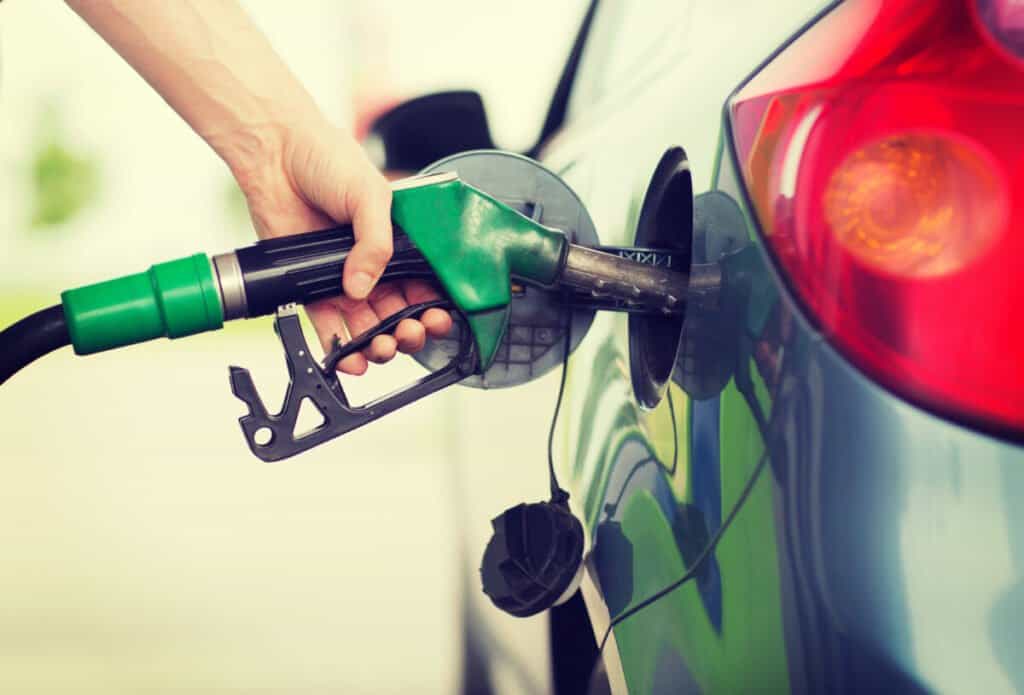Can a VW Tiguan Run on Regular Gas?
Volkswagens have been around for quite a while and they’ve greatly evolved over the years. Not only have they grown in size, but they’ve also changed up their fuel requirements as well. If you are the owner of a Volkswagen Tiguan, you may be wondering just what kind of fuel you ought to be using.
According to a Volkswagen sales associate, a VW Tiguan can run on regular gas as long as it’s a newer model. Most turbocharged engines require premium gas to run well, and models that are 2017 and older are typically equipped with those. Models from 2018 and up can run on regular fuel.
If your VW is older than 2018, you’re going to want to fill it up with premium fuel so that it continues to run and perform well. However, there are plenty of newer models that can be filled with regular gas. Here are a few more things you ought to know about VW Tiguans and their fuel requirements.
What Type of Gas Does a Volkswagen Tiguan Use?
Can the VW Tiguan Use Regular Gas?
Some Tiguans require premium fuel and some do not. This will be determined by the model you pick and the age of that model. Some older Tiguans have turbocharged engines that perform better when they’re given high-quality premium fuel. Models from 2018 and newer have been proven to work just fine when filled with regular gas.
Can I put Regular Gas in my 2017 VW Tiguan?
It is advisable not to use regular gas in a 2017 Tiguan. As a sales associate from Volkswagen mentioned, many of Volkswagen’s older Tiguan types perform much better when filled with premium gas. Premium gas can serve as a fantastic lubricant for your vehicle’s engine and help it to run twice as smoothly.
You can use premium gas in your Tiguan if you wish, even if it’s designed to run on regular fuel. According to 4-Wheel Trends, it’s fine to use premium gas in your car because it can increase performance minimally. However, if you can stick with regular gas, you may want to do so. Premium fuel can be somewhat expensive depending on where you live.
At this point, you might be wondering what exactly the difference is between premium and regular fuel. After all, there must be a reason some cars require premium fuel and some do not. Let’s talk about what it is that sets these two types of fuel apart.

What Does Premium Fuel Do?
The differences between premium and regular fuel aren’t significant. High-performance vehicles tend to have more compressed fuel lines and injectors. This means they need a larger amount of octane in the fuel to prevent combustion from occurring at an improper time. Hence the reason most premium cars require premium fuel.
The biggest difference between regular and premium fuels is the octane level. Premium fuel often contains 91-93 levels of octane, while regular gas has levels as low as 87. High octane is required for high-performance vehicles to function as well as it is supposed to do so.
The differences between premium and regular fuel were larger back several years ago. There used to be more detergents and additives in premium fuel that were supposed to clean your engine it runs. It is also supposed to knock down the carbon buildup on your engine, which will help it to run twice as smoothly.
Nowadays, there are plenty of cleaning agents and additives in regular gas that help clean your engine out, though perhaps not quite as well as premium gas does. The bottom line is, the difference isn’t as large as it used to be, so you may want to avoid making premium gas your usual choice unless you have to.
Don’t use premium gas if you don’t have to. However, you shouldn’t skimp on using premium gas if you have a vehicle (such as a 2017 Tiguan) that needs that high level of octane to function well. Using the wrong type of gas in your vehicle could potentially be disastrous and cost you more than you might’ve bargained for.
What Happens If I Use the Wrong Gas in My Tiguan?

So, what will happen if you make a habit of using the wrong kind of fuel in your Tiguan? Anything older than a 2018 Tiguan should be given premium fuel to function well. If you start using regular fuel in a car that needs premium or vice versa, problems could start to occur. The severity of these problems depends on how long you misuse your fuel.
The most common side effect of using an incorrect type of fuel is pre-ignition, better known as engine knock. This is a sound that is produced when your engine tries to combust its fuel at an improper moment. Engine knock may or may not occur until you have put in the wrong kind of fuel several times over a longish period.
Engine knock may not seem like a huge deal at first and you might even find yourself ignoring it. However, if you do that over a long enough period, your engine is going to start burning up and will eventually quit. Then you’ll end up needing to pay for a tow truck as well as whatever it will take to get the engine fixed.
That said, you must always pick the right kind of fuel. Yes, premium fuel can be somewhat expensive, but it will be cheaper, in the long run, to spend a few extra dollars on gas than to buy an entirely brand-new engine for your car. Repeatedly putting the wrong kind of fuel in your car will not do you any favors.
However, it won’t make a huge difference if you do it once or twice. If you arrive at a gas station where premium fuel is not available for any reason, using regular fuel to fill up your car won’t be that big of a deal. Just make sure you’re not making a huge habit out of doing so, or you’re not going to like the results.
